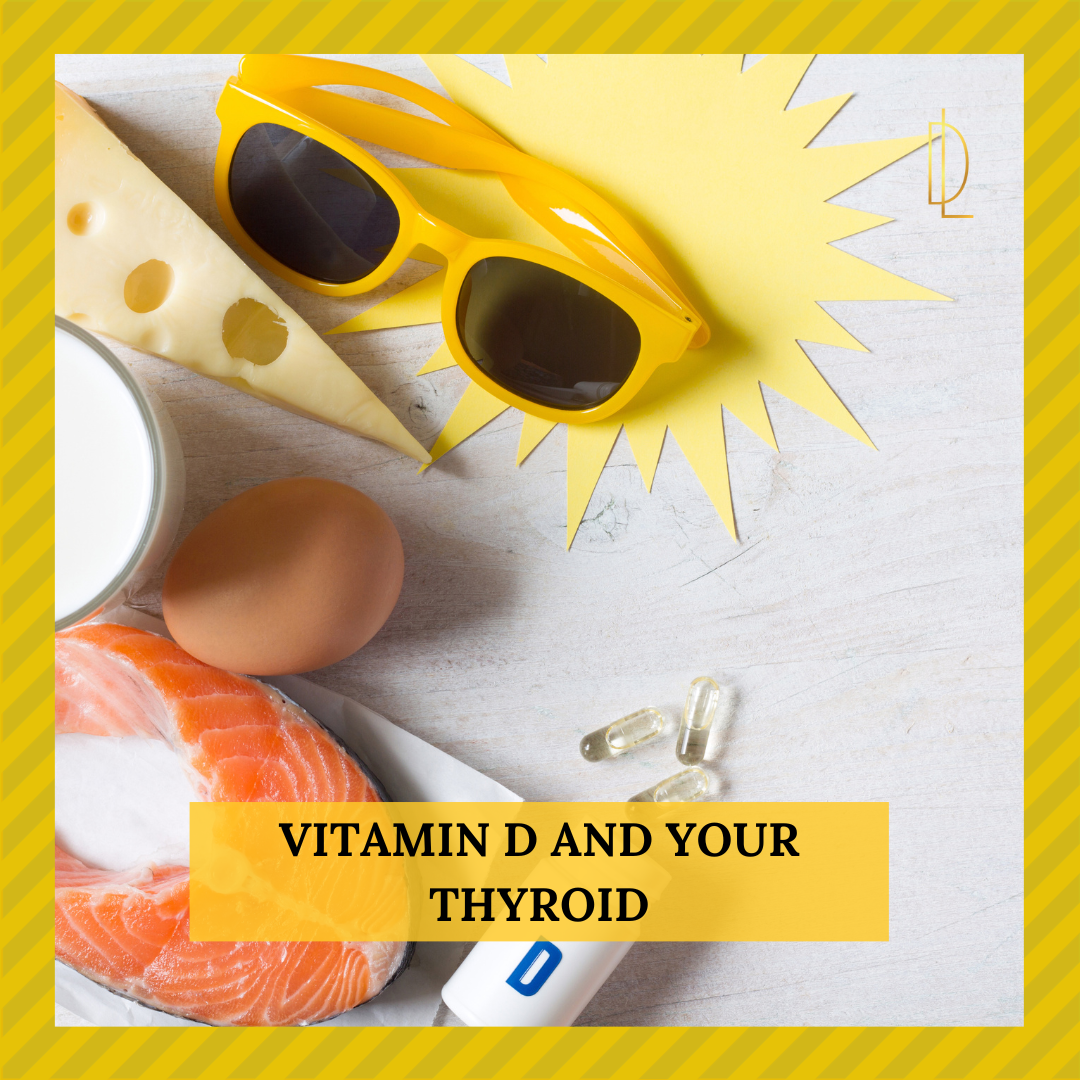Vitamin D and Your Thyroid
There is a secret collaboration between vitamin D and your thyroid that you may not even be aware of. Not only do the receptors for vitamin D and the thyroid hormone look uncannily similar but these receptors are actually found in the thyroid gland.
Why does this information matter to you? The thyroid gland impacts a wide range of areas within the body such as the heart, brain, liver, kidneys, and skin. It may also be the culprit behind your persistent weight gain, constipation, thinning hair, and infertility.
It is important to understand the integral relationship between vitamin D and your thyroid: low levels of vitamin D may cause thyroid diseases such as Graves' disease and thyroid cancer.
How Does Vitamin D Preserve the Thyroid?
A study published in the Scientific Journal in 2015 (Sayki Arsalan, M. et al) wondered the same thing. Their study looked at healthy people who had only one thing lacking – a deficiency of vitamin D. They found that lower levels of vitamin D resulted in a higher risk of the antibodies found in autoimmune thyroid disorders that turn the immune system against itself by throwing it out of balance. These include Hashimoto’s thyroiditis and Graves’ disease, both of which run the risk of developing into thyroid cancer.
The reason why this study stands out is that all other factors were kept constant and ambiguous; it only focused on the relationship between vitamin D deficiencies and the risk of autoimmune thyroid disorders in people who were otherwise healthy.
While many of us may think this is all non-applicable science, and this would never happen to us, let’s take a look at the most basic consequences of vitamin D deficiency: inflammation in the body inhibits the circulation of thyroid hormones, which can wreak havoc on everything from joint and muscle pain, bloating, to depression and anxiety, and vitamin D saves you by stopping this inflammation.
Why Would You Run Out of Vitamin D?
You may have a nutrient-rich diet, but vitamin D needs a little more attention because it is a fat-soluble vitamin, meaning an inflamed or leaky gut – due to an unbalance inner ecosystem – may not even absorb the vitamin D you do try to consume. In addition, you may just not be cut out for vitamin D. Genetic polymorphisms or changes influence the enzymes that assist you in using the vitamin D you consume. Since vitamin D is as effective as its ability to bind to vitamin D receptors found in immune cells, genetic differences may affect your risk of developing Hashimoto's and thyroid cancer.
How Can You Help?
Try going for that avocado on toast at breakfast or look at the sea and consume healthy fats in the form of fish. Other foods rich in vitamin D are as healthy as they are delicious. These include dairy products like cheese, yogurt, and eggs. Go ahead and get that cup of nonfat frozen yogurt or have a healthy tomato and mozzarella cheese snack—all of it will give you a healthy dose of vitamin D.
Too Much of a Good Thing
It is important to remember everything in moderation; you can have too much of a good thing, and that includes vitamin D. It is important to know how much something means to your body, but at the same time it is important to maintain balance. Signs of excess vitamin D or calcium toxicity include weakness, thirst, nausea, irregularities in heartbeat, constipation, and nervousness.
Take Control of Your Thyroid Health
Are you struggling with thyroid-related health issues such as Hypothyroidism, Hyperthyroidism, Goiter, Thyroid nodules, Thyroiditis, Hashimoto's thyroiditis, and Graves' disease or you experience unexplained fatigue, weight changes, mood swings, or disturbances in your energy levels? Take the first step toward a healthier thyroid and overall well-being! Schedule your appointment with Dr. LuLu today.

